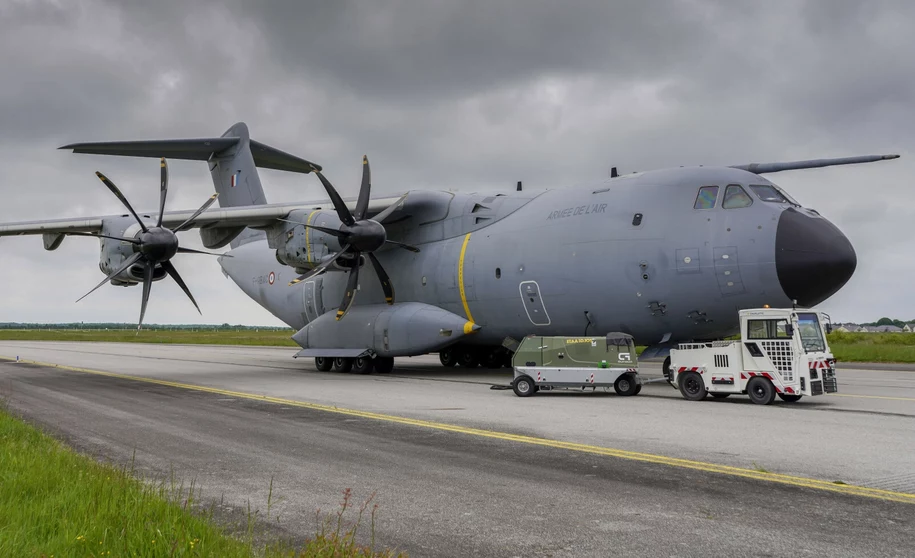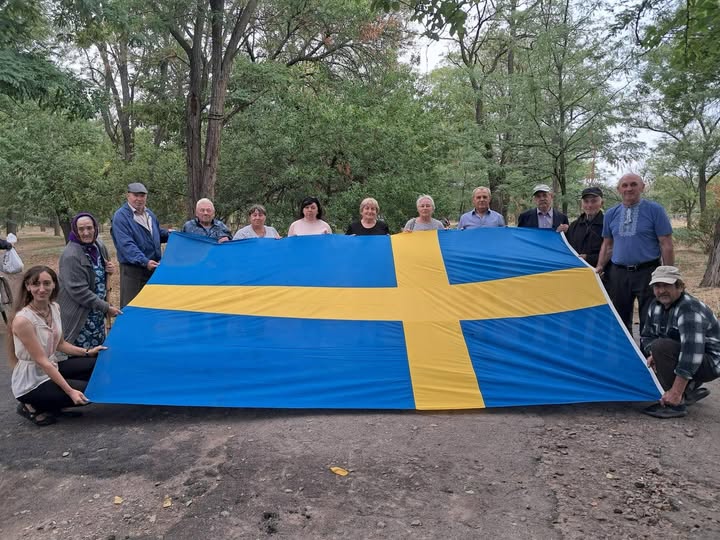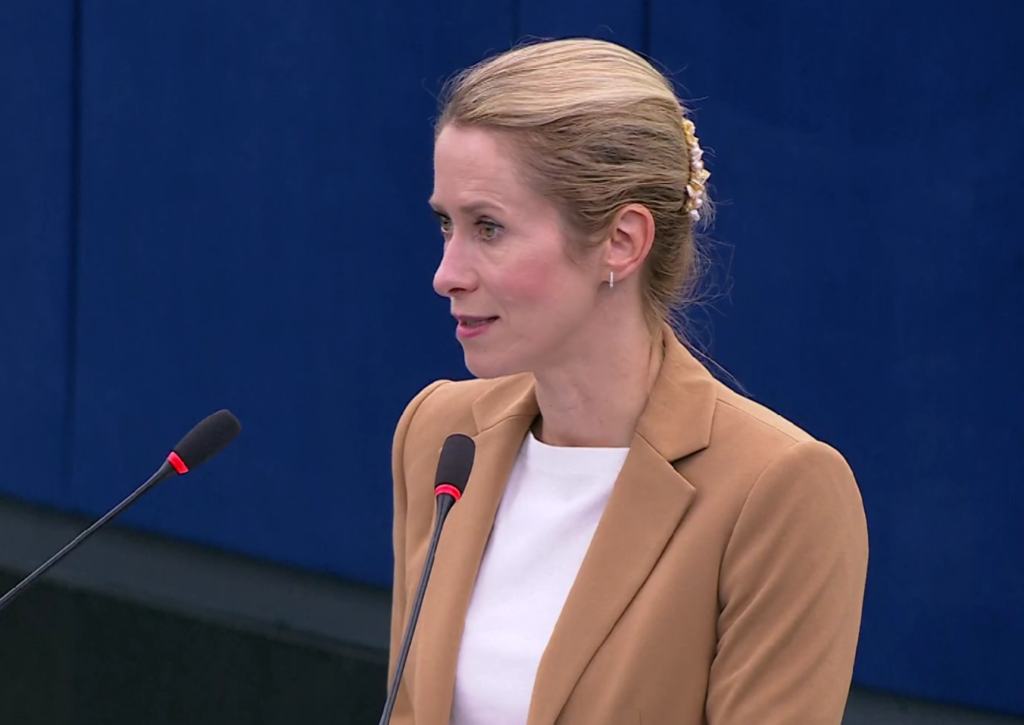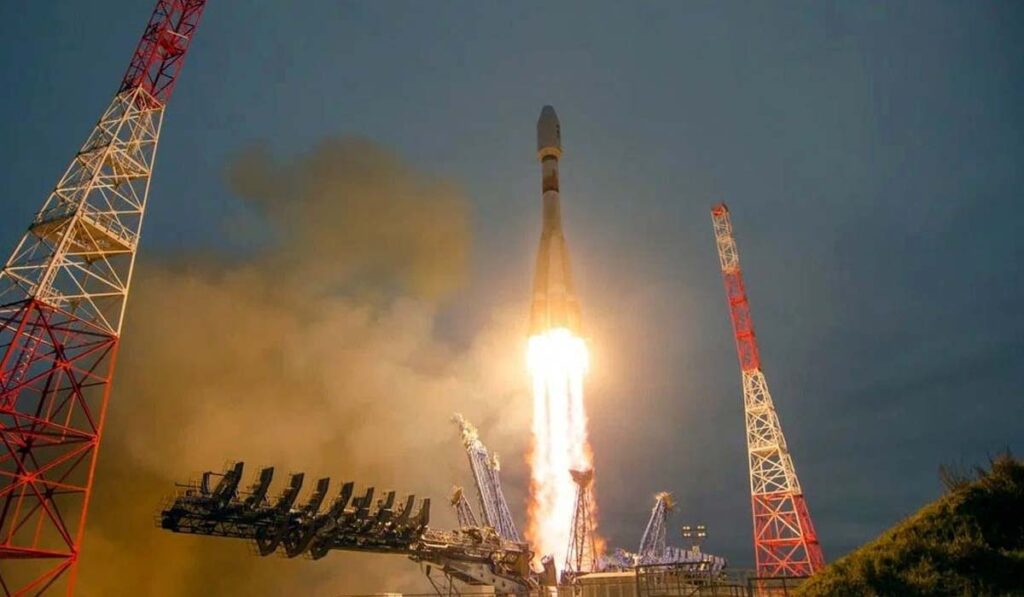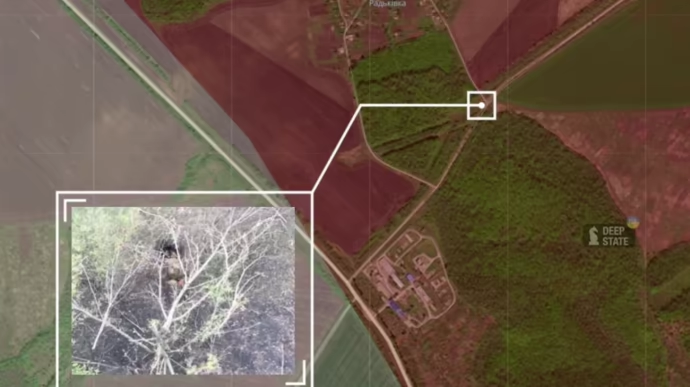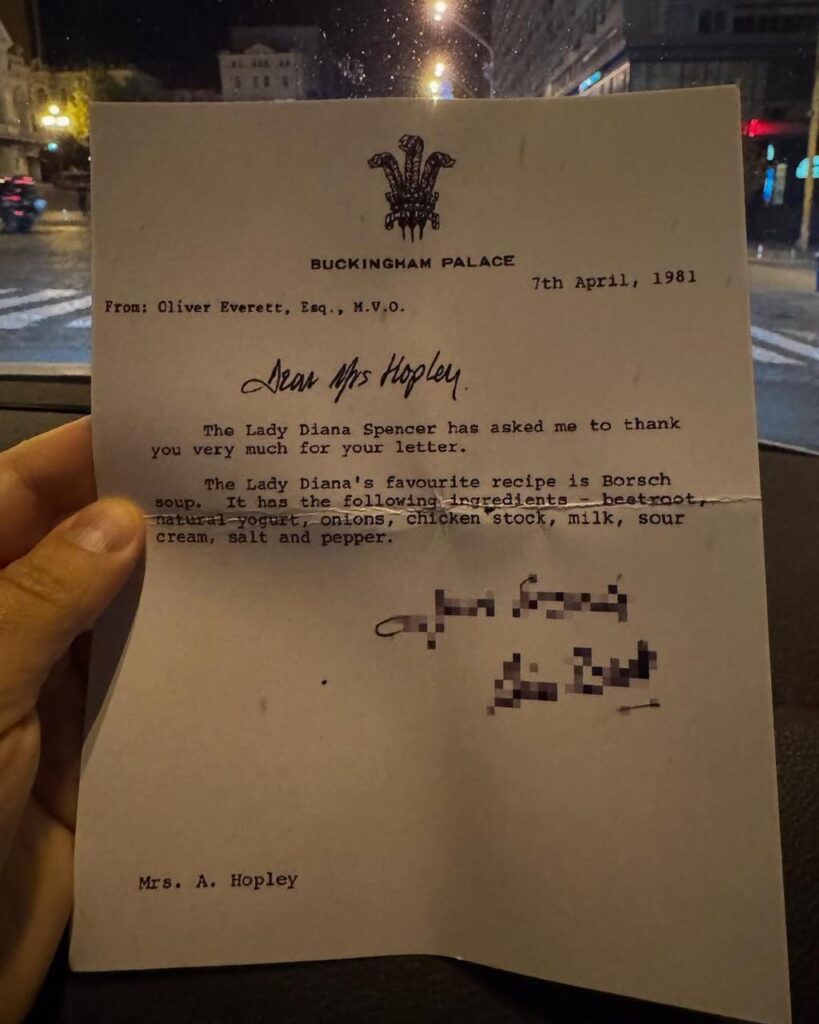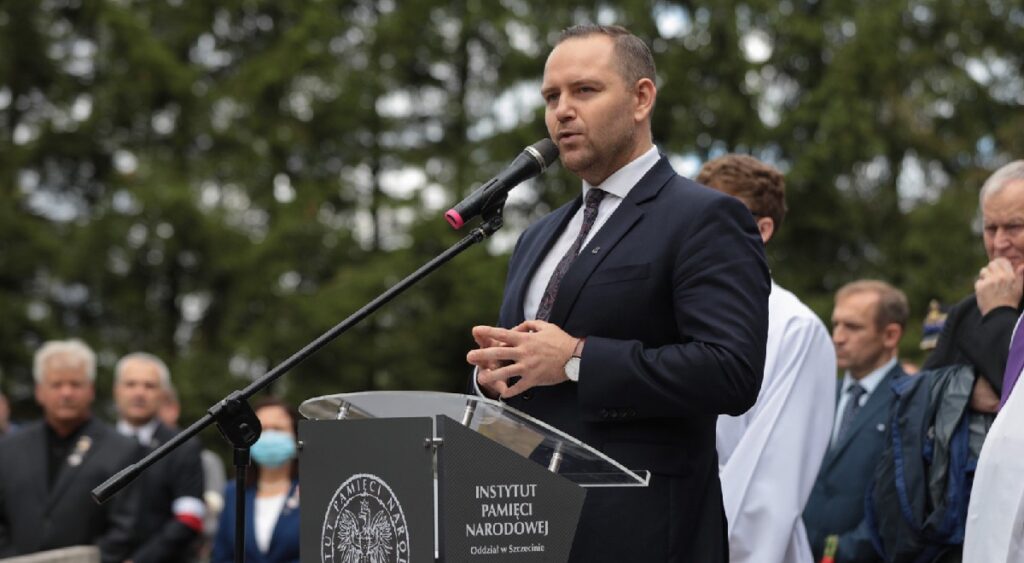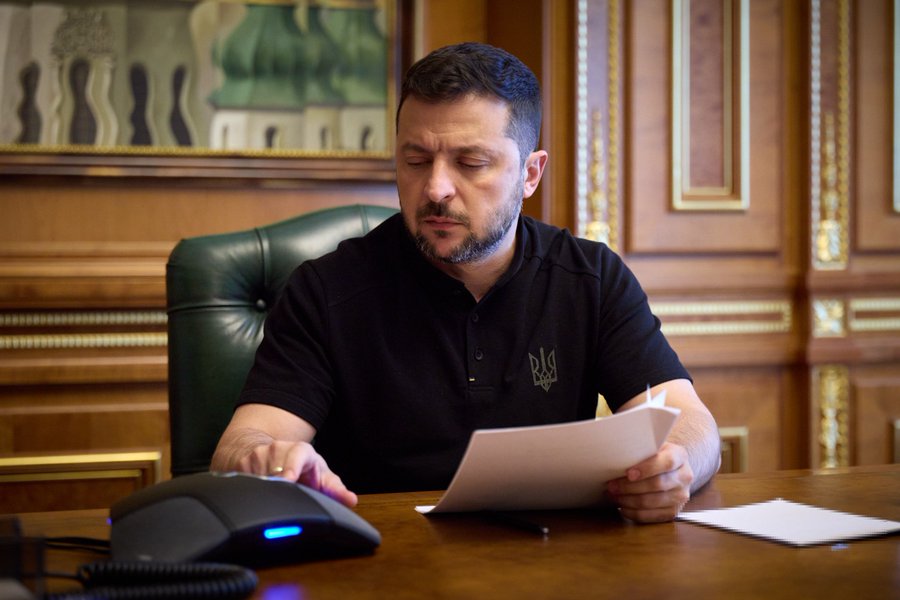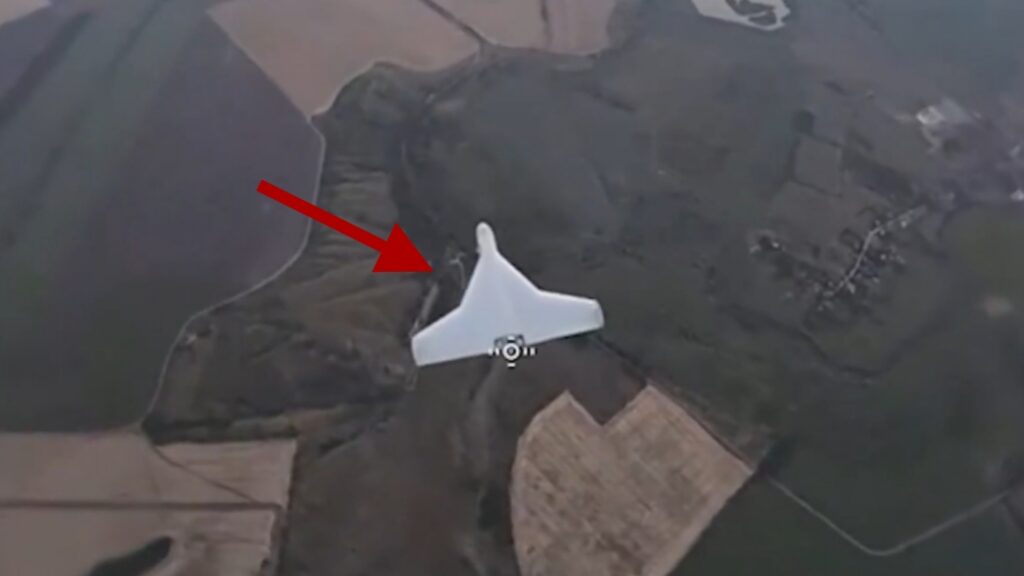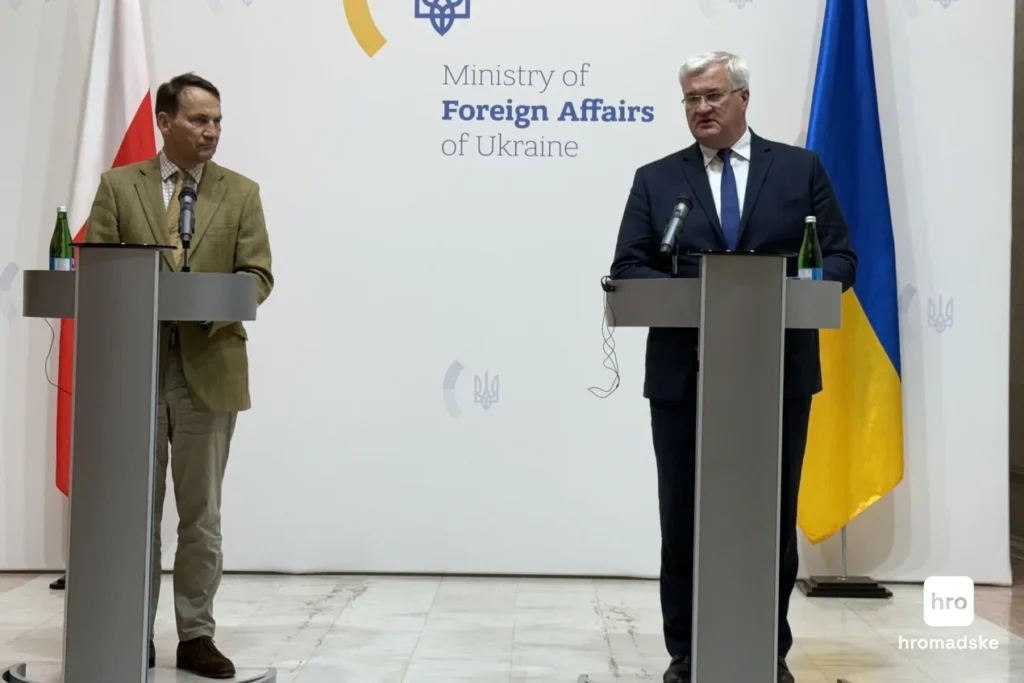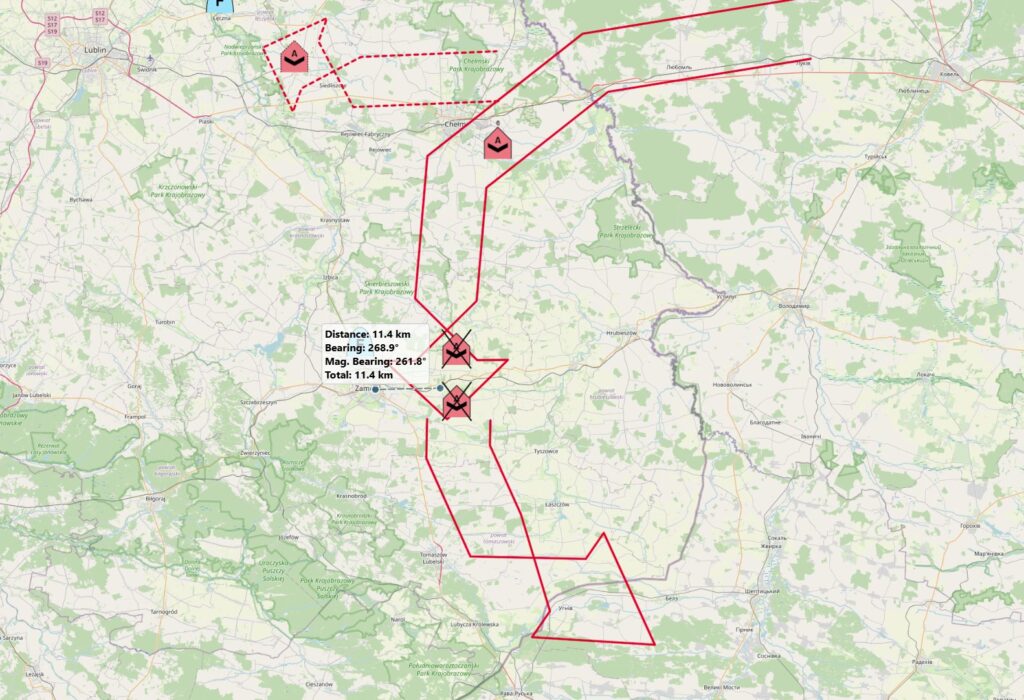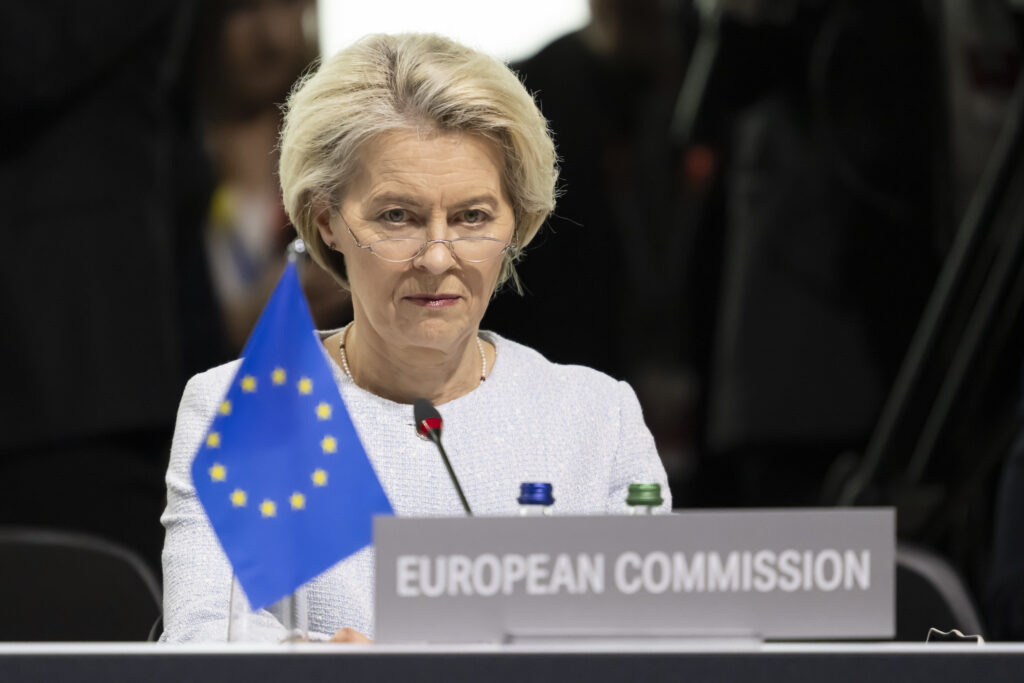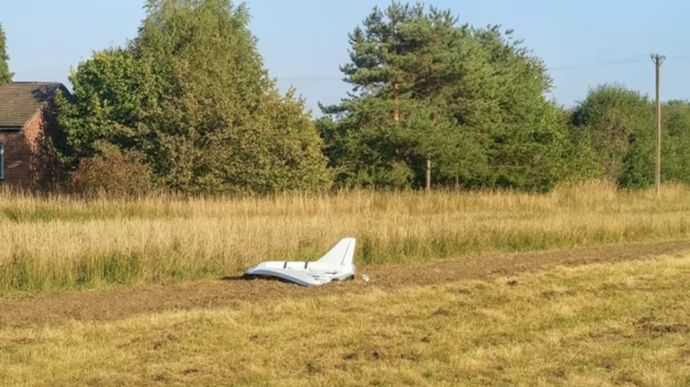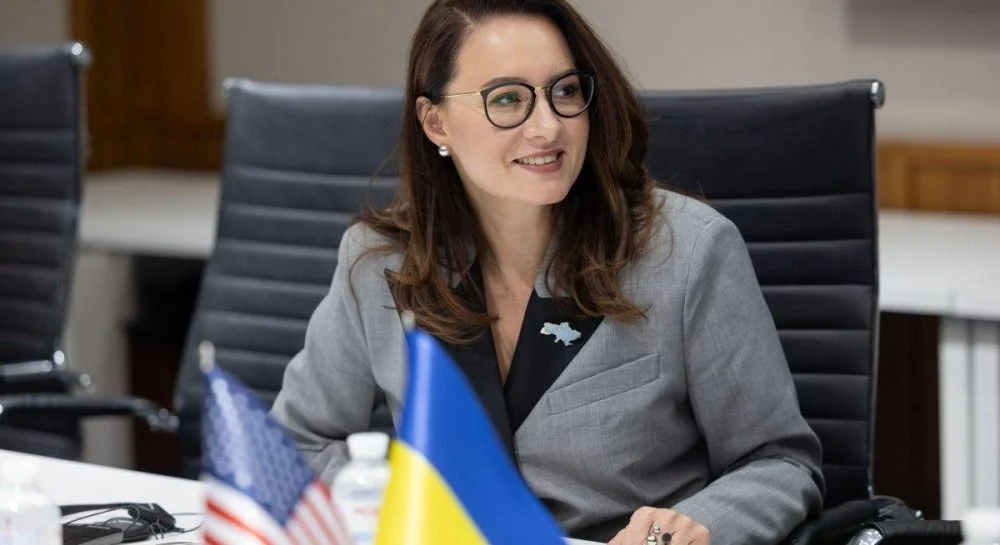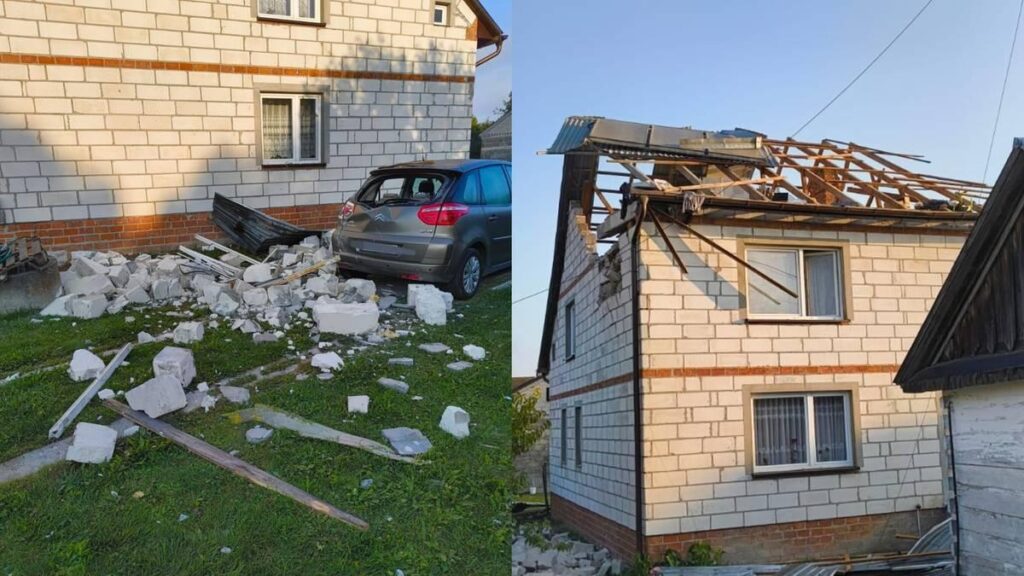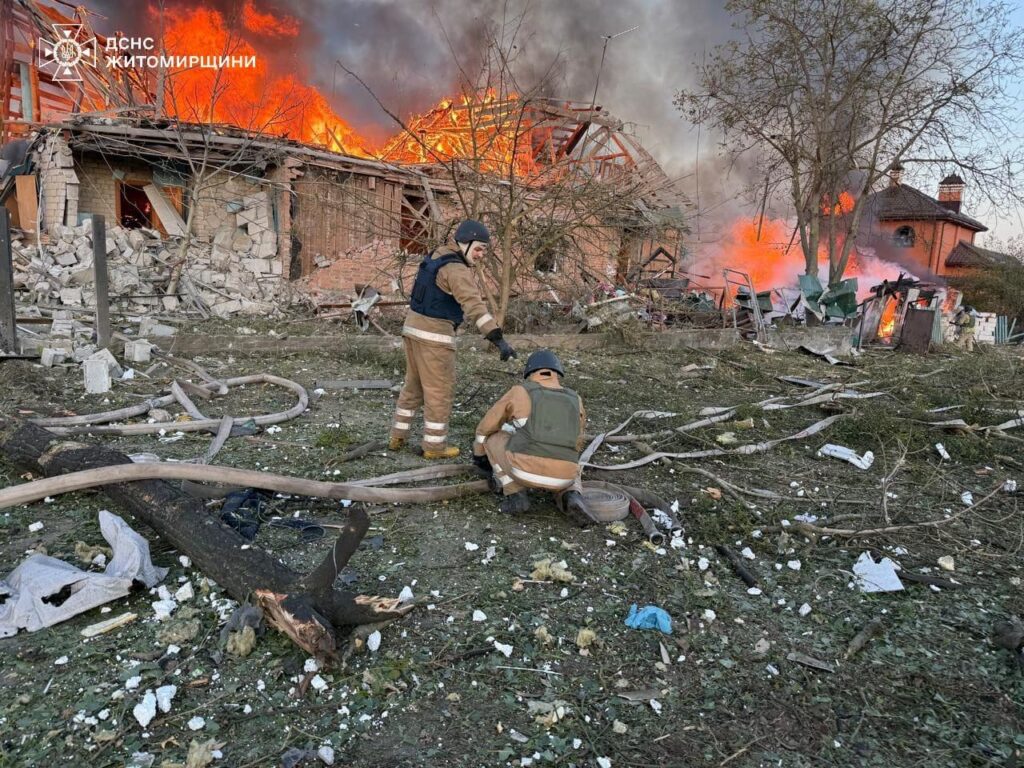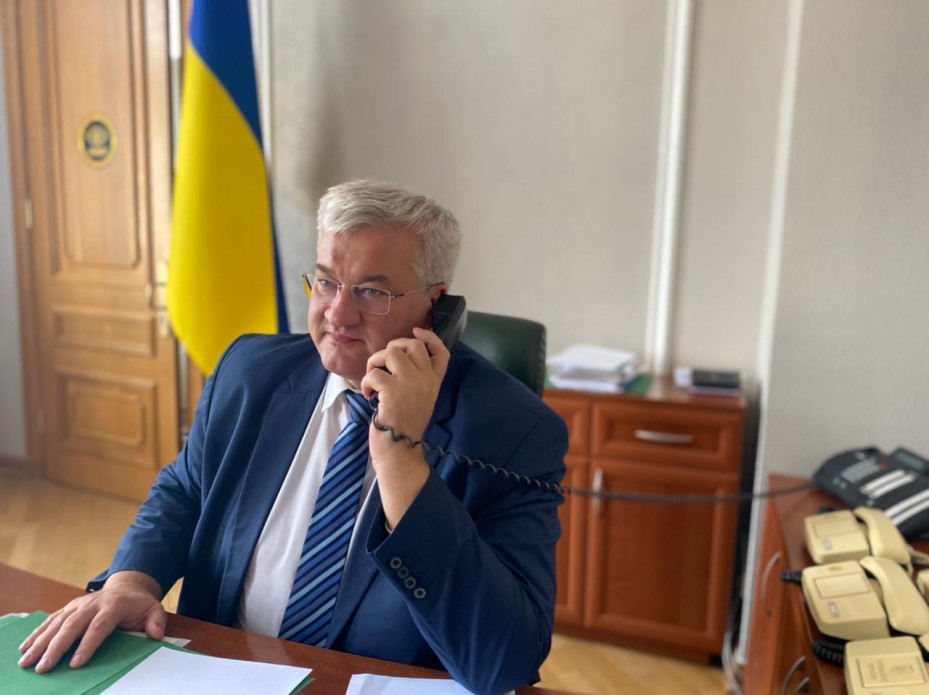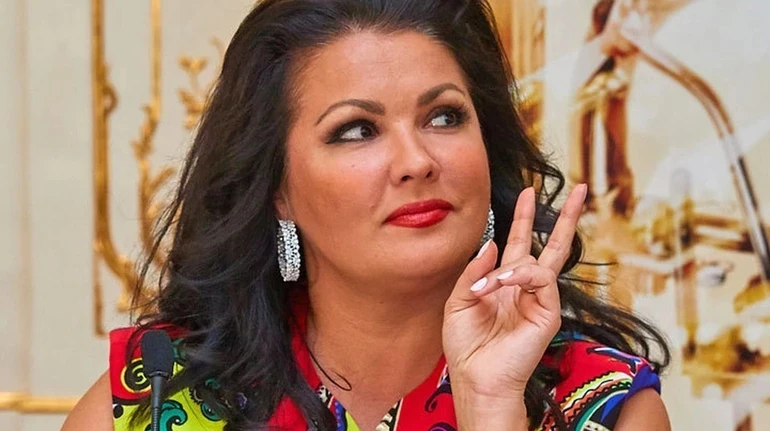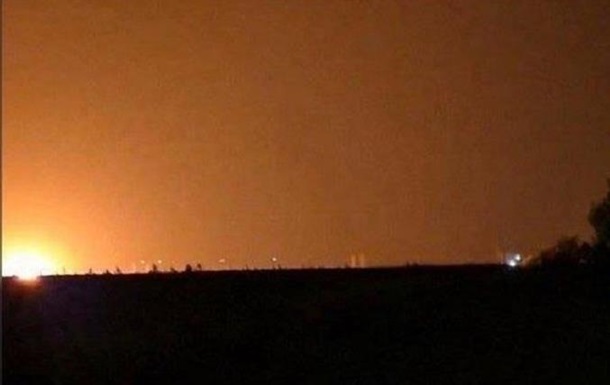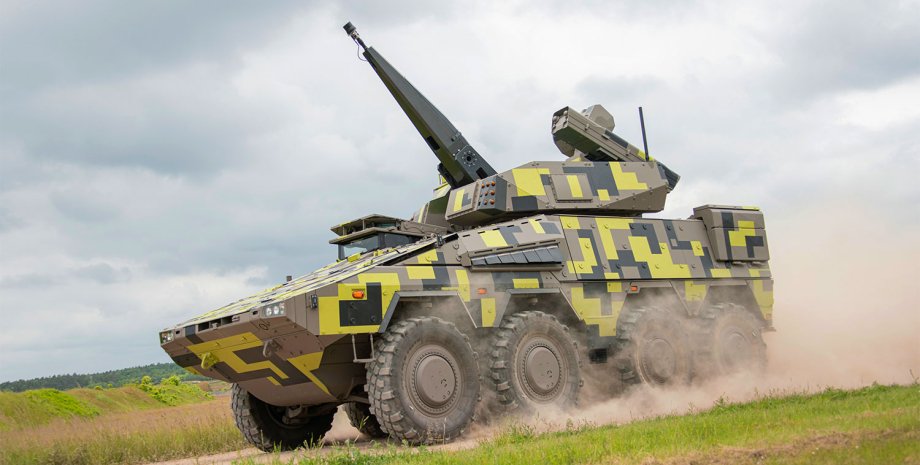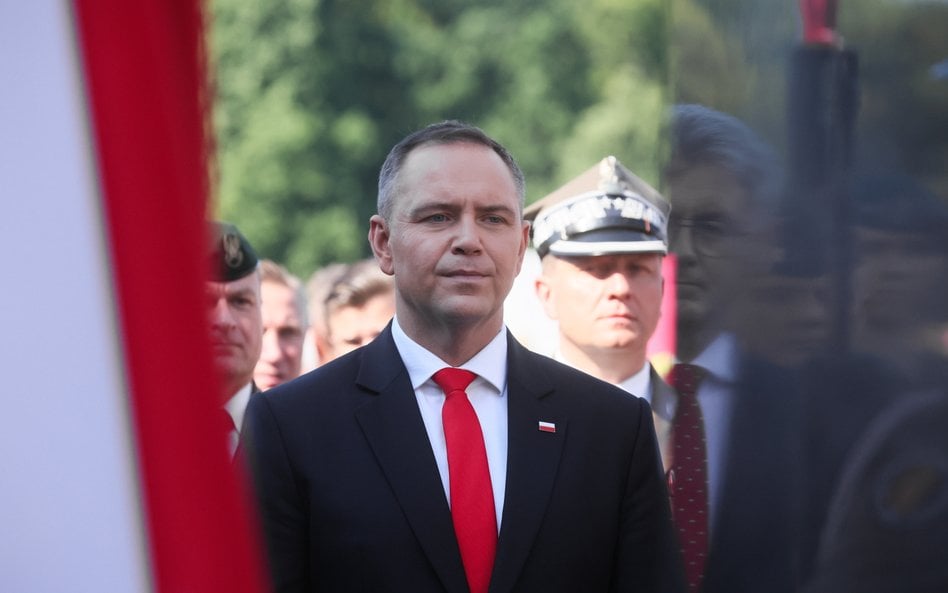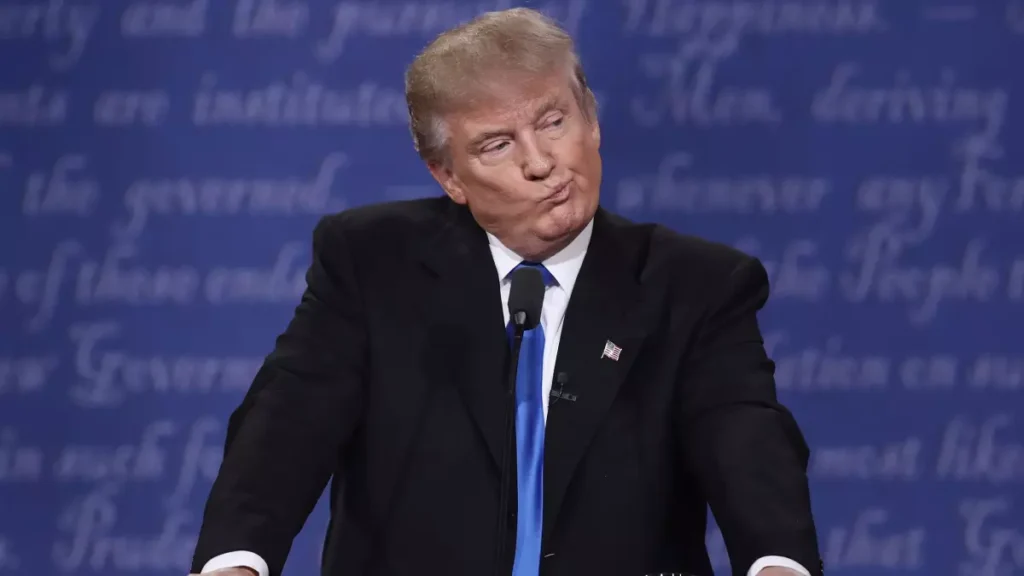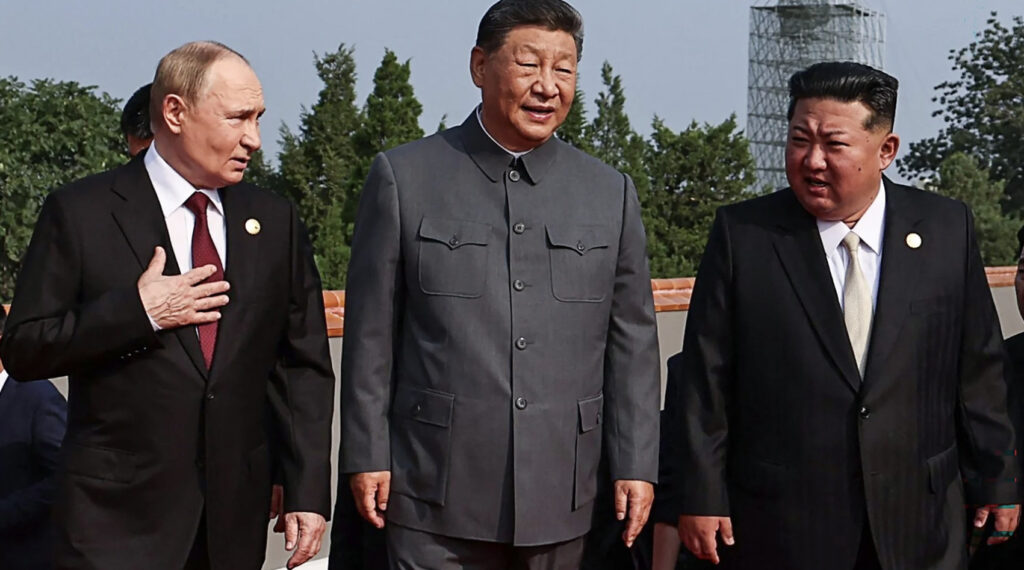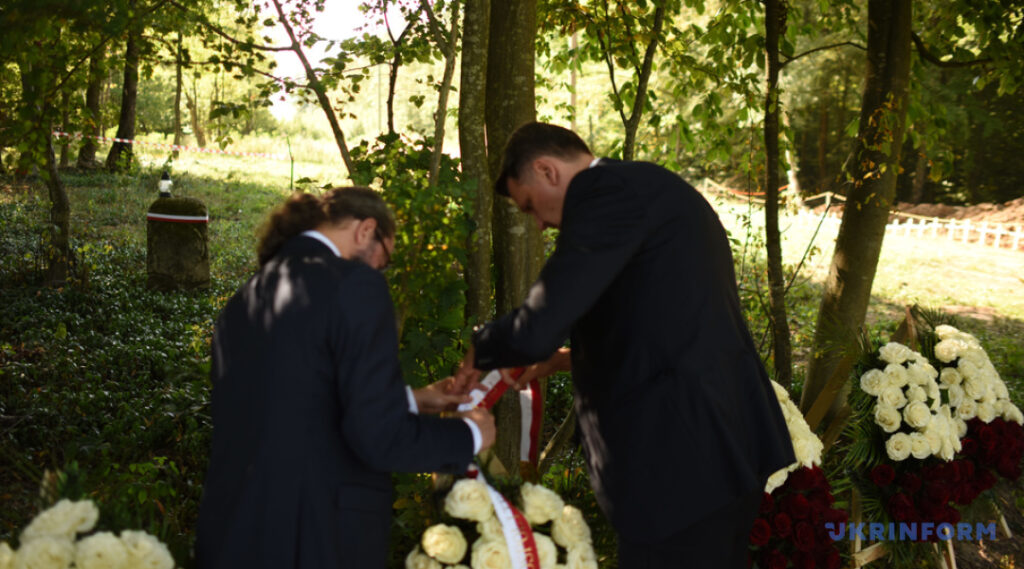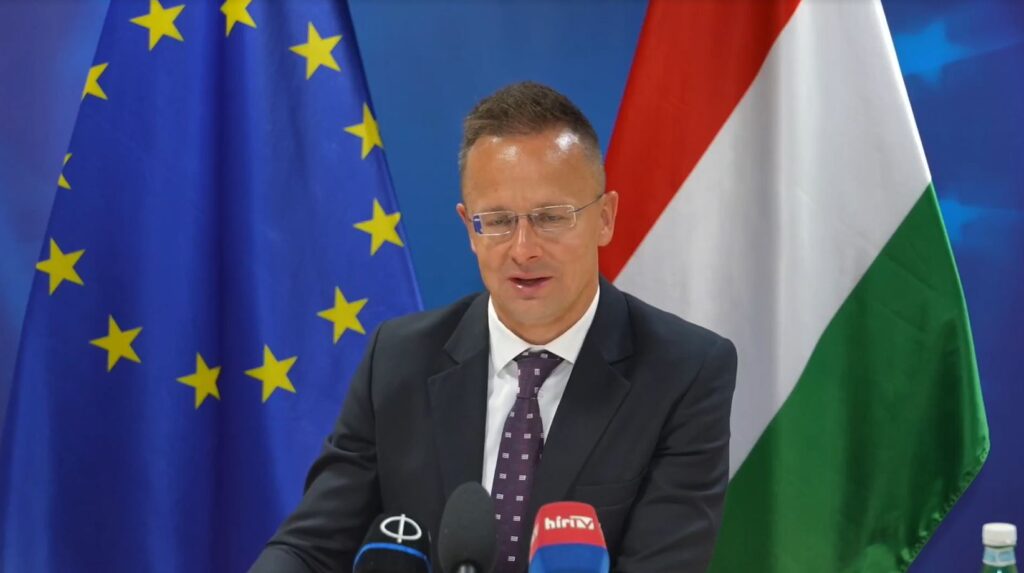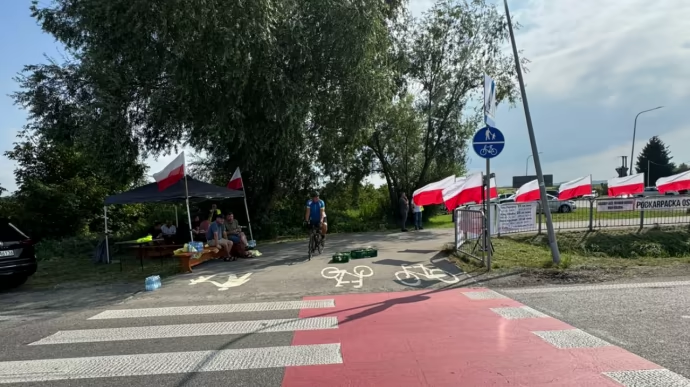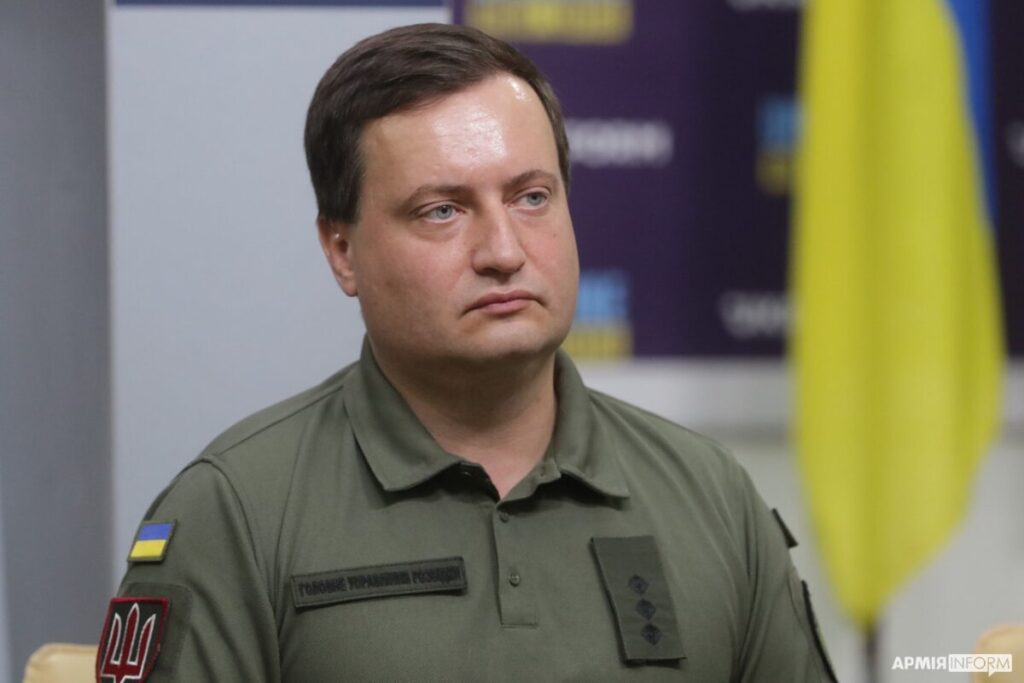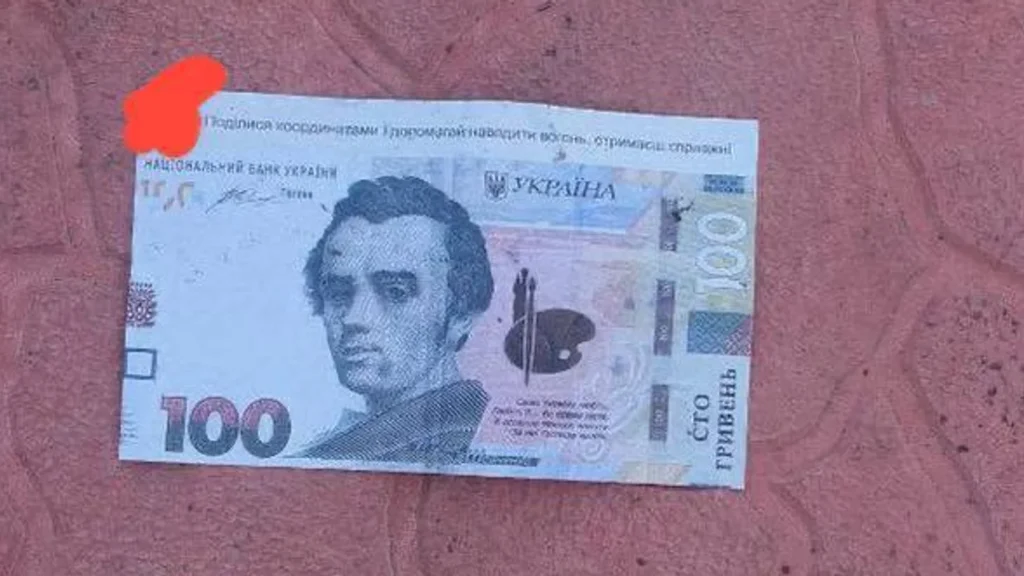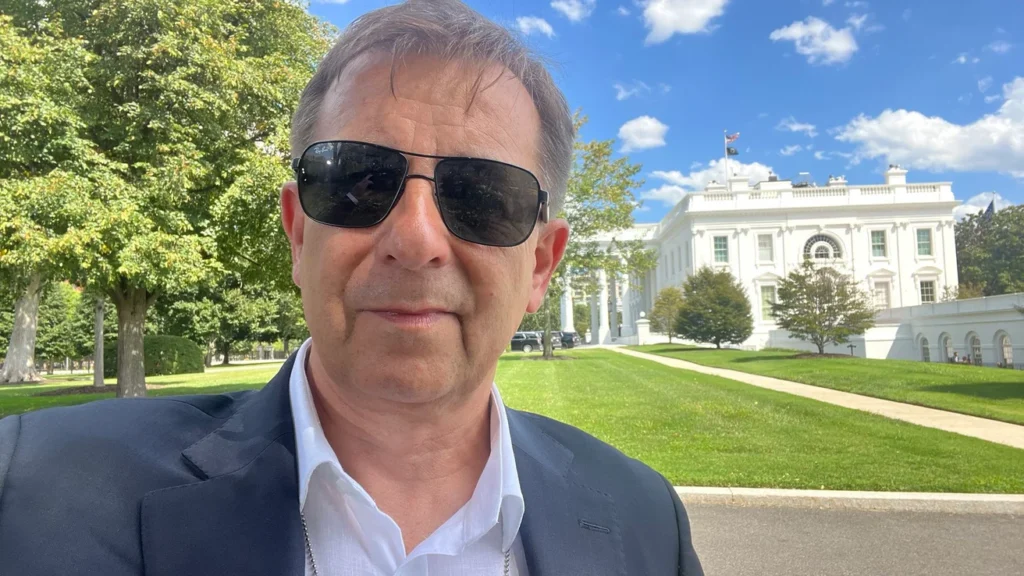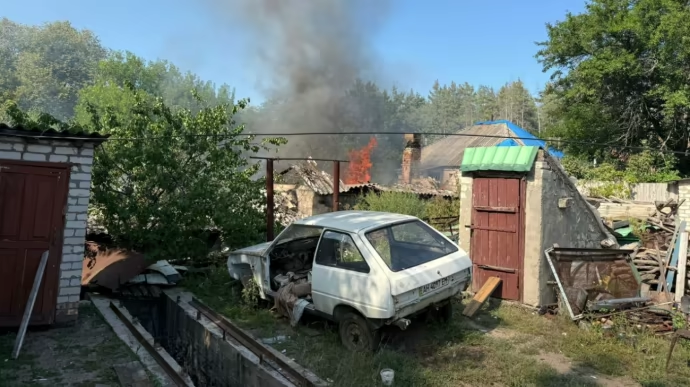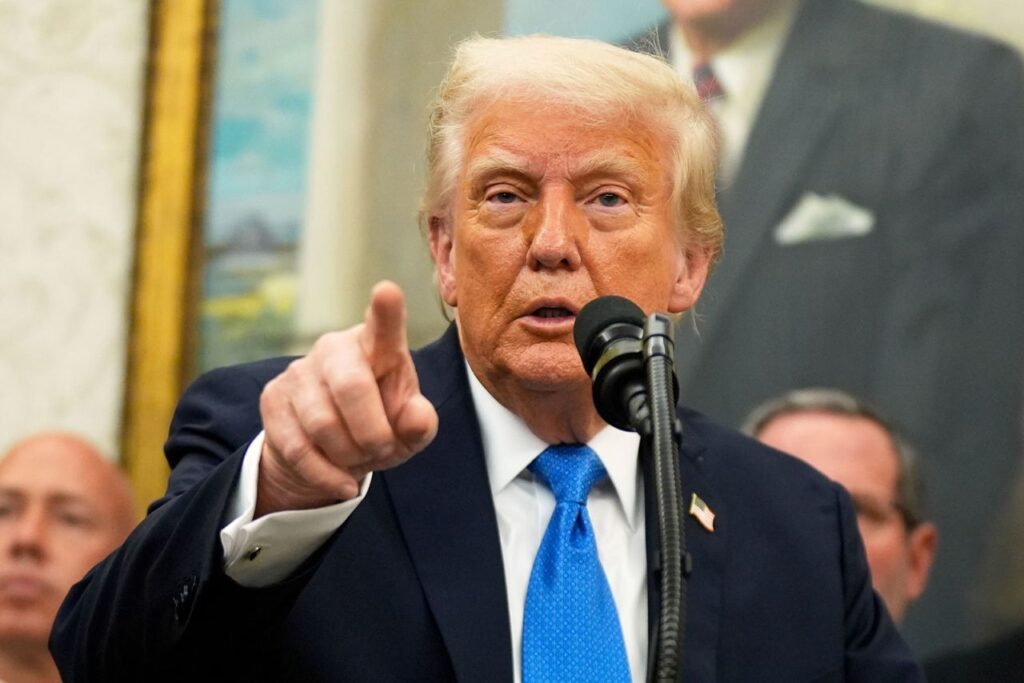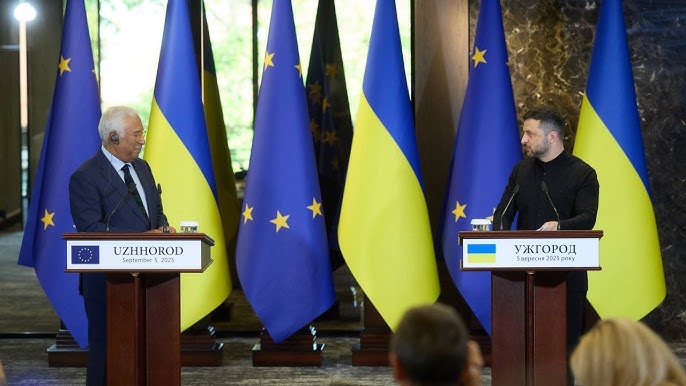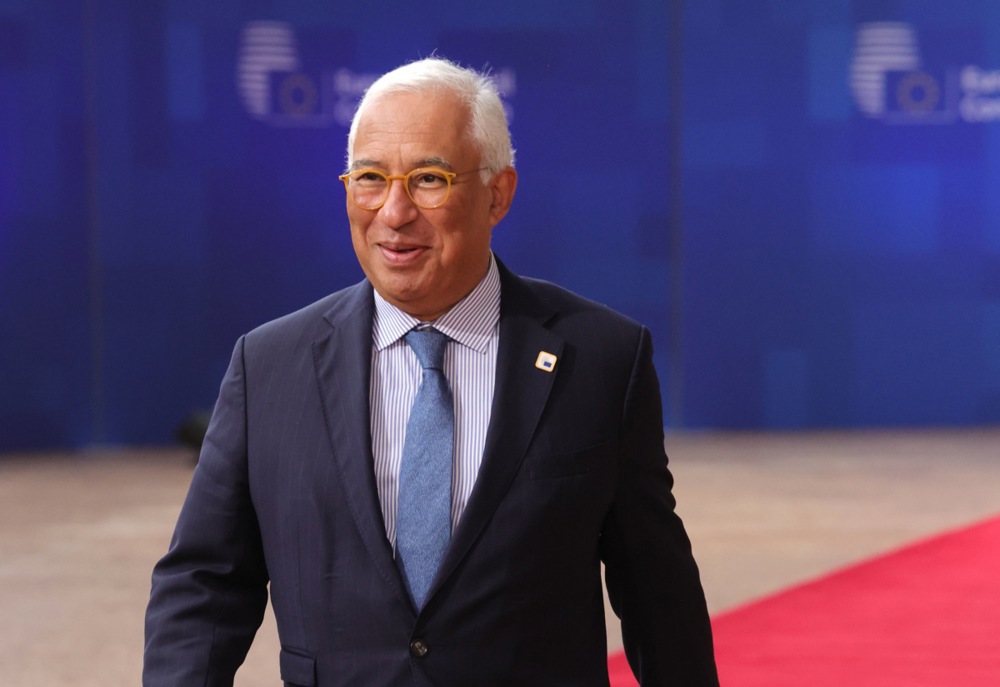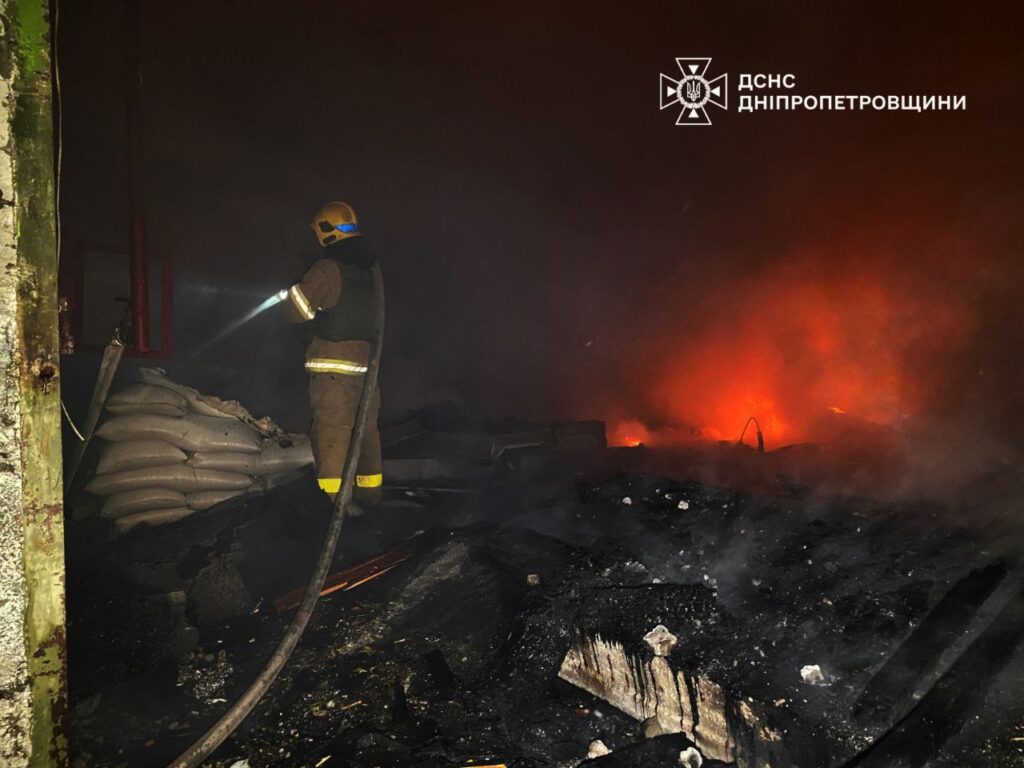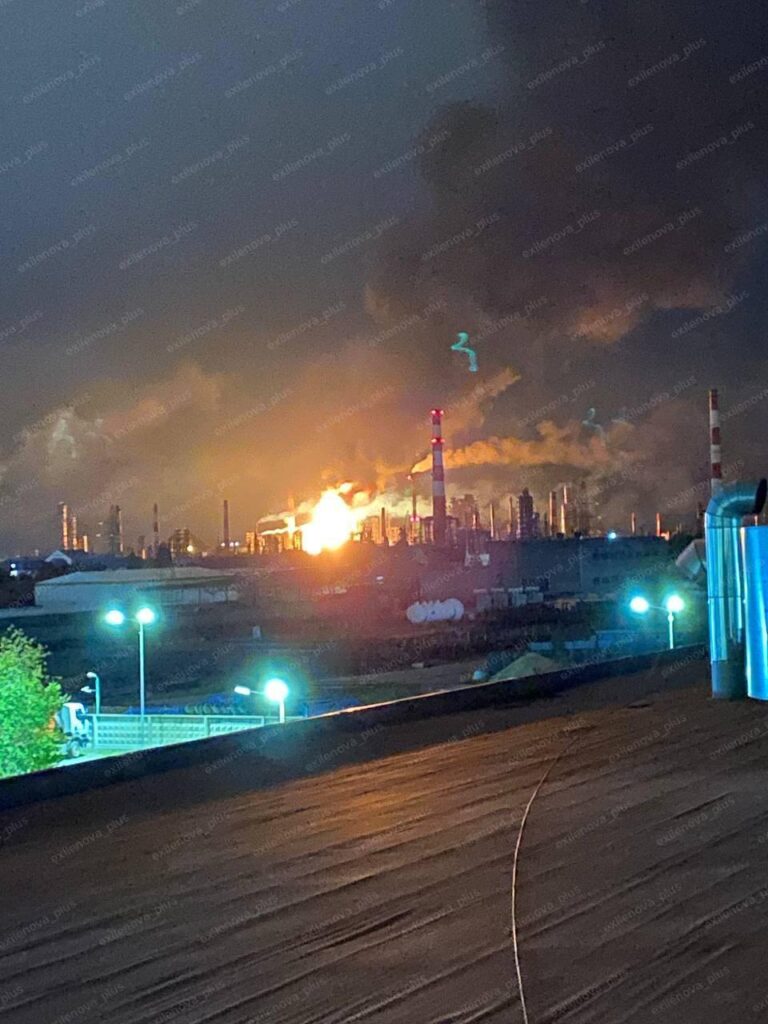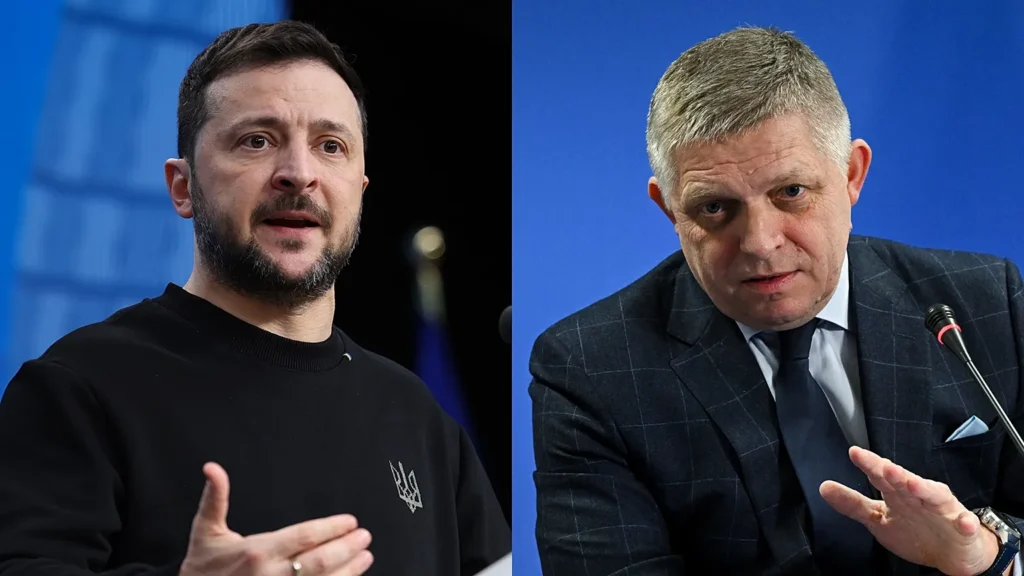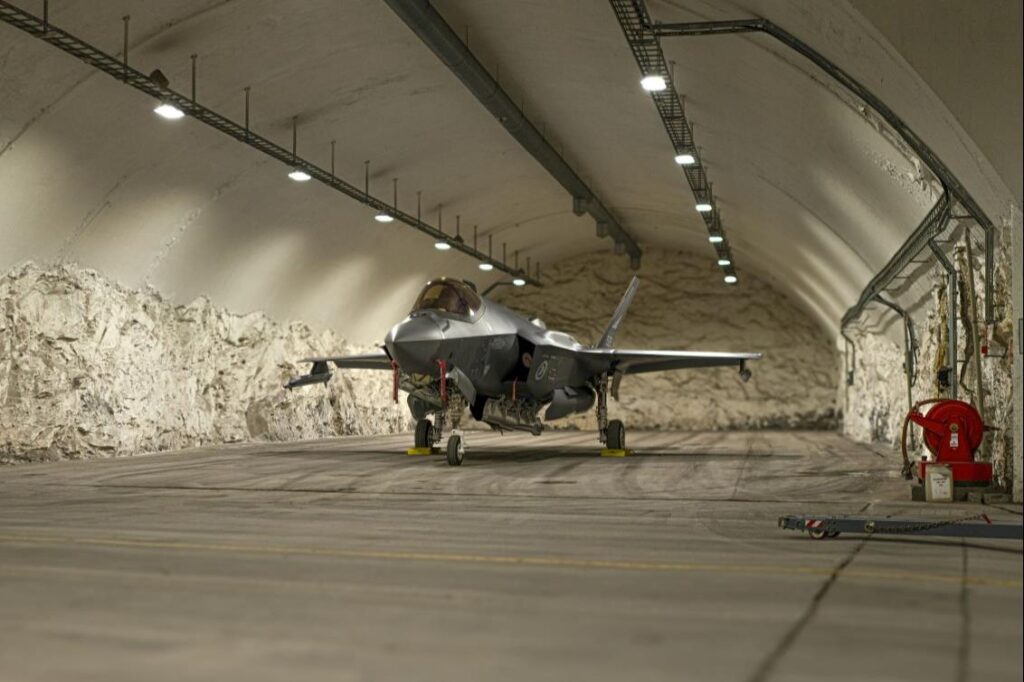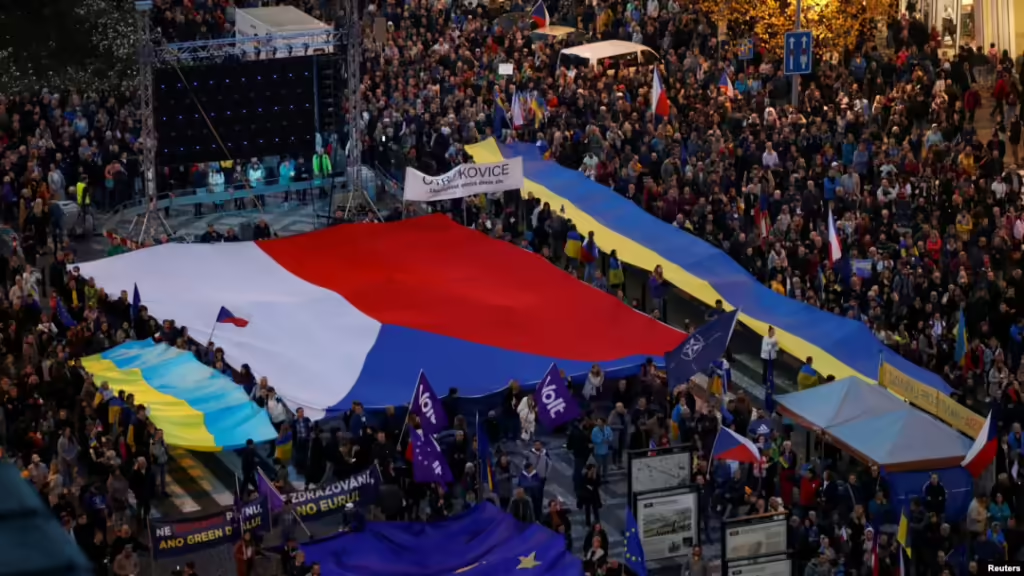Ukrainian drones shutdown of Russia’s key Baltic oil terminal for first time
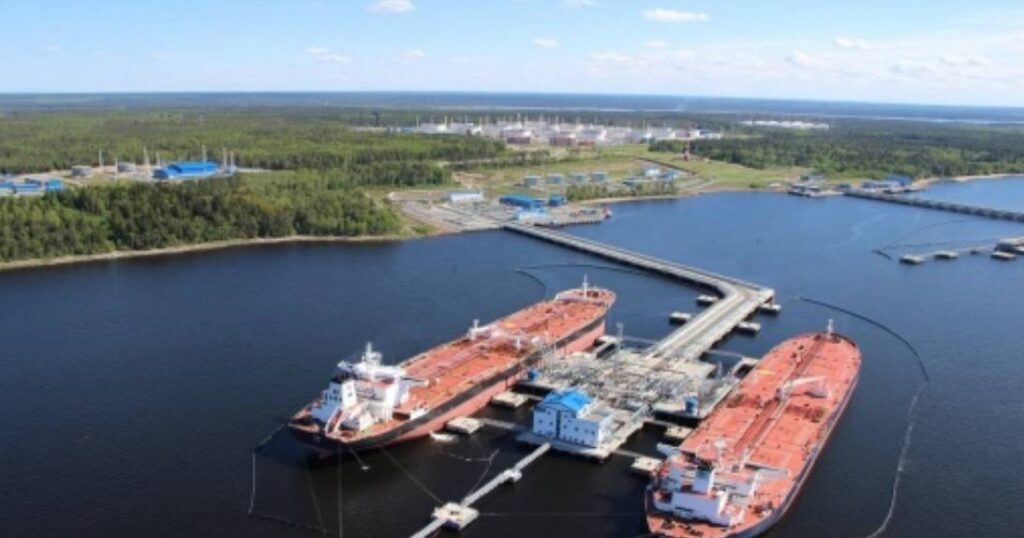
Ukrainian Security Service drones struck Russia’s northwestern port of Primorsk on 12 September, hitting two tankers and forcing the suspension of operations at the country’s largest western oil export terminal for the first time, Reuters reported citing industry sources.
Two oil tankers, Kusto and Cai Yun, were hit by the attack, according to the industry sources. Kusto is an Aframax tanker, with capacity to carry about 700,000 barrels, and is owned and managed by Solstice Corp, according to LSEG. Cai Yun is an Aframax owned and managed by Acceronix Ltd. Both vessels are registered in the Seychelles and belong to Russia’s shadow fleet, the news agency reported.
The port has a capacity to load about 1 million barrels per day of crude oil and handles approximately 300,000 barrels per day of diesel, making it Russia’s key export hub in the Baltic Sea.
According to sources, as a result of the successful attack by SBU drones, fires broke out on one of the vessels in the port and at the pumping station, and oil shipments were suspended. Estimated daily losses to the Russian budget from the suspension of exports could be up to $41 million.
Russia’s Leningrad Oblast Governor Aleksandr Drozdenko reported that one of the vessels in the oil port of Primorsk on the Baltic Sea caught fire following a drone attack. Drozdenko later reported that the attack caused a fire to break out at a pumping station in Primorsk. He said it was extinguished without casualties. The governor stated that more than 30 drones were destroyed over the region.
The attack prompted temporary suspension of operations at St. Petersburg’s Pulkovo Airport due to the drone threat. The drone threat in the region forced St. Petersburg’s Pulkovo Airport to shut down — an increasingly common procedure amid intensifying Ukrainian attacks, according to reports.
Oil prices rose by nearly 2% following the attack as markets reacted to the suspension of loadings at the strategic facility. The strike represents an escalation in Ukraine’s campaign against Russian energy infrastructure, with Kiev intensifying drone attacks on oil facilities to cut Moscow’s main revenue source.
Russia has already faced limitations on oil exports after drone attacks on other facilities, including the nearby Ust-Luga port, which has been operating at half capacity since an August strike. The country revised its September crude export plan from western ports to 2.1 million barrels per day, an 11% increase from the initial schedule.
